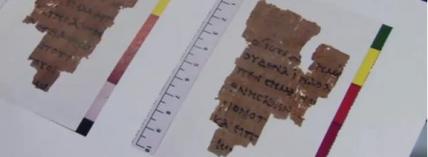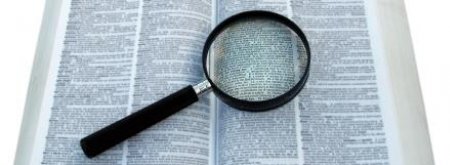
Evidence for Jesus' Resurrection
William Lane Craig sets out the historical and Biblical evidence that leads to the conclusion that Jesus Christ rose from the dead.

William Lane Craig sets out the historical and Biblical evidence that leads to the conclusion that Jesus Christ rose from the dead.

This video describes the discovery of the earliest copy of part of John's Gospel, the 'John Rylands Fragment'.

How big are the differences between the hand-written copies of the Gospels' accounts of Jesus? Do these undermine what we can know about…

Can we know who wrote the Gospels? This video examines whether there is any evidence to support the traditional authors.

Were the Gospel accounts based on the testimony of eyewitnesses who were still alive when the Gospels were written?

The Jewish Bible contains over 100 promises about an exceptional person who would come to save the world. But what were the chances that…

What should we make of claims that differences in the Gospel accounts mean they can't be trusted?

Once we've got at the facts behind the myths about Jesus, this final video considers what difference he makes to us today.

Did the early Christian communities apply Jesus's teaching to the problems they faced or alter the facts to fit their agendas?